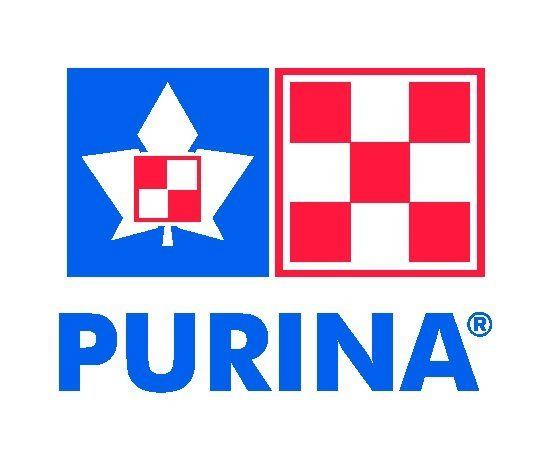In layman’s terms, what does RFC mean? Refined functional carbohydrates (RFCs) are the components harvested from yeast cells (S. cerevisiae) using specific enzymes during the manufacturing process.
The main end products of this enzymatic hydrolysis yield MOS (mannan oligosaccharides), (1,3-1,6) beta glucans and galactosamine. These compounds are naturally present in all yeast cells and can be measured analytically – but are not readily bioavailable.
The method of processing used to refine the yeast cells influences the size and structure of these liberated components which, in turn, affect bioavailability and functionality. Research shows each RFC has a specific mode of action and outcome when fed to livestock.

How is it measured?
Bioactivity of RFCs is dependent not only on concentration but also on size and structure. Different chromatographic and enzymatic methods can be used to measure specific RFCs. There isn’t a standardized, recognized laboratory method like a scientifically validated AOAC method.

What impact does it have on a ration?
RFCs help maintain gut health and overall animal health. Health and production challenges can occur at any time.
Providing RFCs during transition will improve immune function, while formulating the ration with RFCs during the entire lactation will provide a defense mechanism against mycotoxins and pathogenic bacteria from moldy feed and poorly fermented silages.
RFCs are also efficacious when fed to young calves and help reduce scouring caused by Cryptosporidium parvum.

Explain what this does in the ration.
RFCs fit in a lactating ration beginning at 21 days prefresh through the entire lactation. Since toxins and pathogenic challenges are difficult to predict, RFC feeding provides the initial defense if the challenges occur.
Specific times of concern when RFCs should be included in the ration are during feeding of poorly fermented silages or when changing bunkers or bags.
Young calves benefit when adding RFCs in milk or milk replacer to provide a defense against pathogenic challenges. Specific RFCs have been shown to be effective against preventing hemorrhagic bowel syndrome caused by Shiga-Toxin E. coli spp. PD
References omitted due to space but are available upon request. Click here to email an editor.
-
Jeff Weyers
- Technical Service Manager – Central Region
- Arm & Hammer Animal Nutrition







